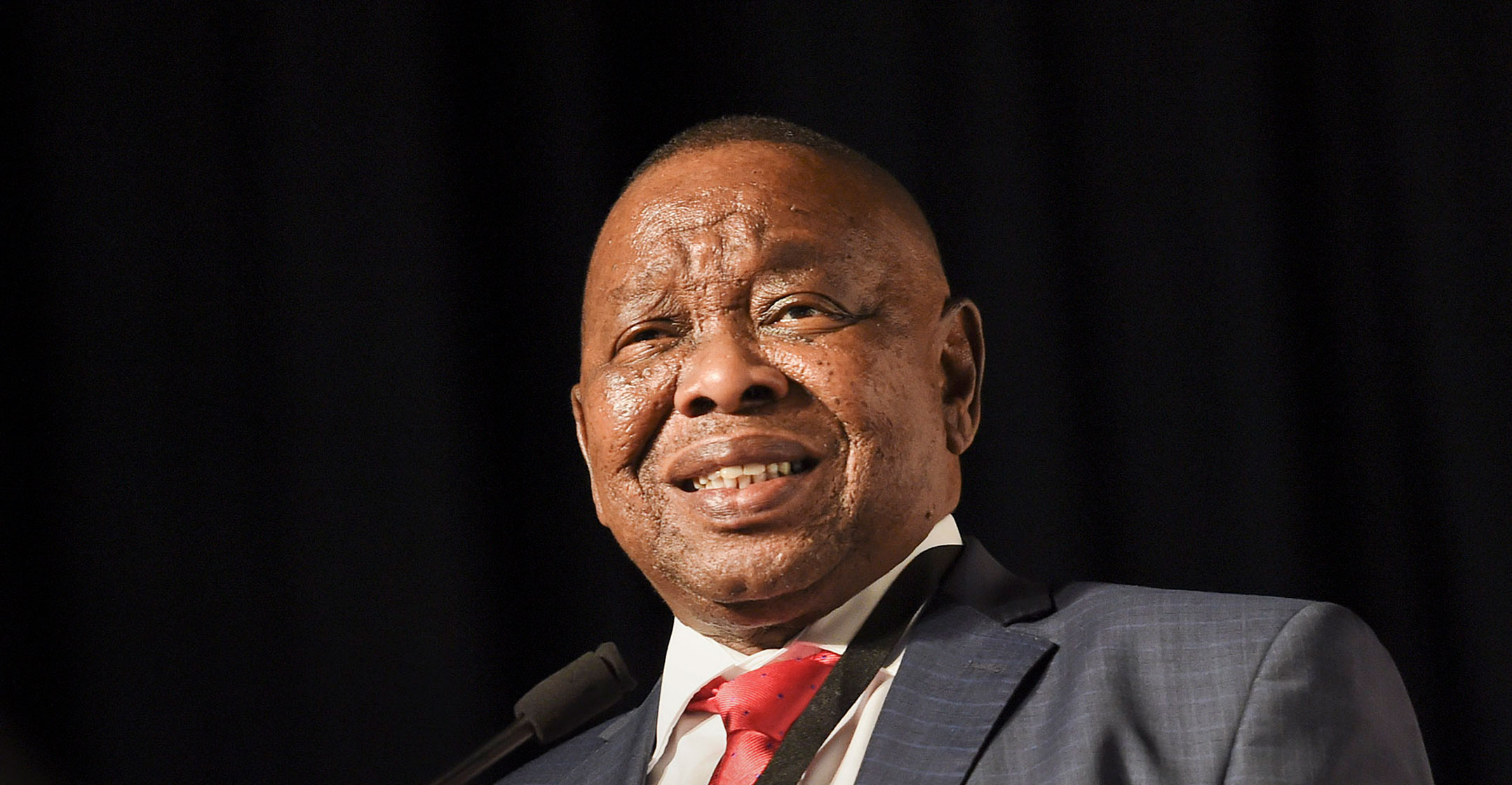 Uber has asked government to delay the implementation of a new licensing framework for drivers until “current challenges” experienced by public transport operators for operating licences are resolved.
Uber has asked government to delay the implementation of a new licensing framework for drivers until “current challenges” experienced by public transport operators for operating licences are resolved.
The department of transport has proposed amendments to the National Land Transport Act of 2009 that include clauses with specific reference to e-hailing and ride-sharing operators.
“While Uber supports the process of updating the legislation to reflect the profound shifts that technology is driving across all sectors and industries including transportation, the company does have a few concerns over some of the clauses,” it said in a statement on Monday.
“Chief among these is clause 66(7) of the proposed amendments, which instructs e-hailing operators to deny access to their systems to any driver who doesn’t have the necessary operating licence,” it said. “Failure to do this can result in ride-sharing and e-hailing companies having to pay a fine of up to R100 000. Drivers are also be subject to the fine as well as two years’ imprisonment, which is a great concern for drivers’ welfare.”
It said that Uber drivers are “facing massive delays” in securing permits from local authorities, or simply can’t do so. “Therefore, Uber proposes that the implementation of this clause, as well as any sanctions against drivers themselves, are delayed until the current challenges being experienced by public transport operators applying for operating licences are resolved.
“The permit-issuing systems and processes of many of South Africa’s major municipalities are flawed and this has resulted in massive application backlogs and delays of up to 18 months in the issuing of operating licences,” said Uber GM for sub-Saharan Africa in the statement.
Uber has about 12 000 active drivers in South Africa. “These drivers are often the breadwinners for their families, and therefore the economic opportunity Uber provides has a direct impact on thousands of people. We estimate that if the backlog and delays around the current system for issuing operating licences are not resolved before this clause comes into effect, there would be a loss of approximately 9 000 direct job opportunities and consequent negative impact on 27 000 people whose livelihoods depend on the e-hailing industry,” the company said.
Lengthy delays
Although most Uber drivers have applied for their operating licences, many have not received these permits due to lengthy delays by the municipalities. “In fact, in some cities, the municipalities have simply stopped issuing operating licences to e-hailing drivers altogether.”
“Even in cities where permits are still being issued, the process is being massively delayed because of the combined negative impact of huge backlogs, constraint resources, and permit-issuing systems that simply don’t work,” Lits said.
Uber said that in the event that a moratorium isn’t introduced, it has requested transport minister Blade Nzimande to includes a clause in the amendments that allows drivers to operate legally if they have submitted fully compliant applications and are in possession of receipts, but where the operating licence has not yet been issued by the municipality. “The idea of a receipt being substitutable for a licence in such circumstances already exists — with licence renewals, drivers who have submitted renewal applications are allowed to operate on the basis of their receipts.”

The company has also expressed concern about a proposal to introduce a clause in the amended legislation that will require e-hailing vehicles to have special markings to identify them. “Uber drivers are still experiencing very high levels of intimidation and even violence from some other transport industry participants and we are concerned that insisting on identification markings on vehicles could result in an increase in these targeted attacks,” Lits said.
Uber has also asked Nzimande to reconsider the power granted to licensing authorities to define the locations or zones in which e-hailing vehicles can operate. “This provision does not take into consideration the changes in the ways in which both metered taxis and e-hailing vehicles operate today; the legislation needs to recognise and reflect these changes rather than limiting the ability of drivers to pursue fare opportunities that are closest to their immediate location, wherever that may be.” — © 2018 NewsCentral Media




